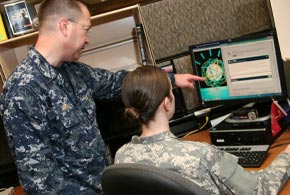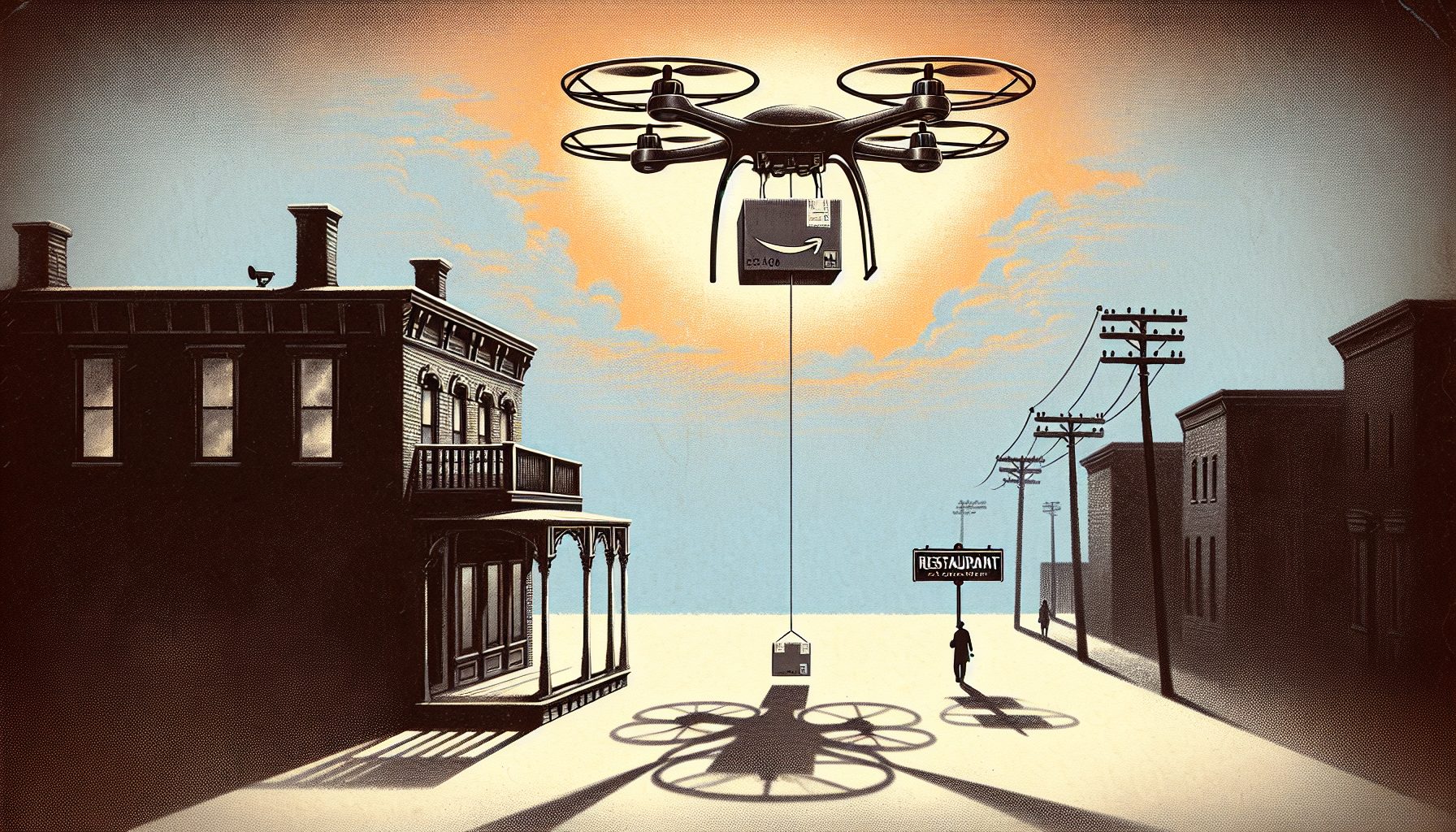Transitioning from the military to civilian life is one of the biggest challenges facing veterans. They need to find a place to live, land a job and deal with other issues involved in this major life change. Navigating the process and finding clear answers can prove complex and frustrating.
Financial services giant USAA is taking aim at the issue. It has turned to IBM and its Watson-based analytics technology to learn and understand veterans’ needs, requirements and preferences at a far deeper level than they could in the past. The system scans thousands of documents and taps other data sources—including caller behavior—in order to deliver relevant results.
“We see more than 900 million interactions a year in the digital space,” says Neff Hudson, USAA’s vice president of emerging channels. “We have always been a company that prides itself on personal contact. Because we are a financial services firm, a lot of our products and services lend themselves to a conversation. But we also recognize the need to create virtual agents and address issues through mobile and online environments.”
Overall, about 150,000 individuals transition from the military to civilian life annually. Many of these individuals seek assistance from USAA and other sources, including various services and Websites.
“Finding trusted sources of information can be difficult,” Hudson explains. “We are using Watson to improve the process for those who wish to interact online.”
The system, Watson Engagement Advisor, is designed to address natural language queries. For example, a member might ask: “Can I be in the reserve and collect veterans compensation benefits?” or “How do I make the most of the Post-9/11 GI Bill?” Others might ask: “How do I write a résumé that presents my military experience in the best possible light?
Watson combs through volumes of USAA’s documents and business data to generate answers to these questions. No less important: The system analyzes patterns and learns over time how to deliver better results.
USAA began testing the system in April and has been steadily expanding the use of the technology nationwide. Later this year it plans to roll out the virtual agent capabilities to its mobile app.
“We are extremely eager for people to use the app on whatever channel they find most useful and relevant,” Hudson says. “We want as many people as possible to use it and interact with it—partly because the more people use it, the smarter and more useful it becomes. There’s a difference between the system answering general questions and answering far more specific questions.”
Hudson says that using Watson to deliver military information is only the beginning. Over the next few years, USAA plans to expand the use of the technology across a broad swath of services and functions, including banking and insurance.
As analytics continue to improve and USAA refines its internal algorithm, “We hope to interact with members on a far more personal and smarter basis through digital channels,” Hudson explains. “People are beginning to use these tools, and they have high expectations. We need to be there and deliver on the full potential of the technology.”









